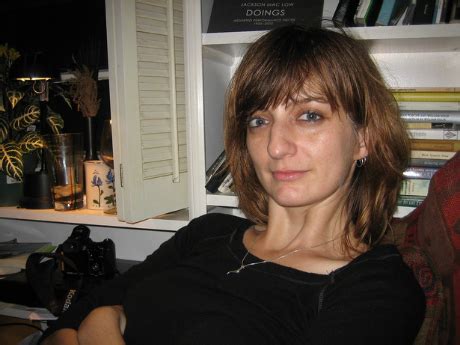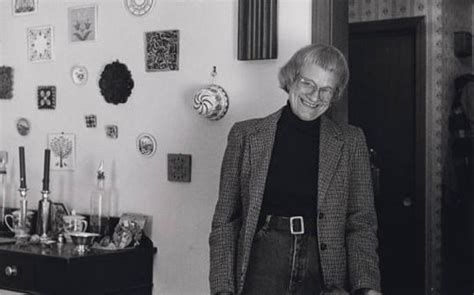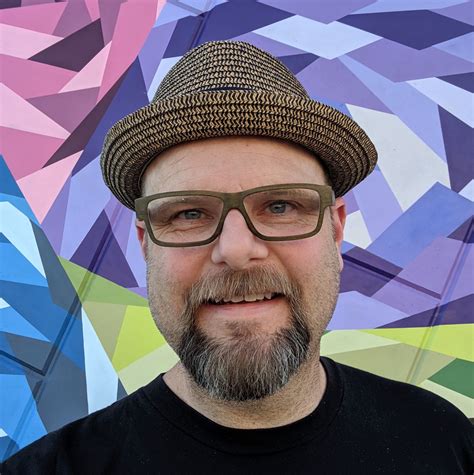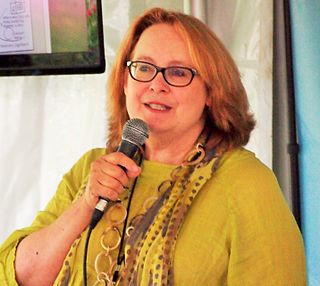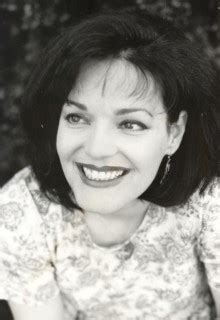A Quote by Amy King
I like to allow young readers to keep writing in their heads after they've finished reading. Not to leave the ending too open, but enough so they can imagine: What does this mean? My young adult books usually end in a far more obscure way.
Related Quotes
I write for young people because I like them and because I think they are important. Children's books can be mind-stretchers and imagination-ticklers and builders of good taste in a way that adult books cannot, because young people usually come to books with more open minds. It's exciting to be able to contribute to that in a small way.
I think so much of young adult literature sort of gets ghettoized - the title 'young adult' makes people immediately discount it. And just like with books that get written for adults, there is plenty of young adult literature that is bad. But there is also plenty of young adult literature that is brilliant.
People will ask me, "How do you approach writing books for young readers differently than for adults?" My answer is always: I don't change anything about the story itself. I'm going to tell kids the way things really were. What I don't do - and this is the only thing I do differently in writing for kids - is that I don't revel in the gory details. I allow readers to fill in the details as necessary. But I don’t force kids to have to digest something they’re not mature enough or ready for yet. If they are, they can fill in the details even better than I could, just with their imaginations.
I used to think that when I finished a book, I was finished with it. But it's like a wonderful Hydra. Every time a head disappears, more heads appear, so I will be writing for the rest of my life. The more books I write, the more books I find that I still have to write about. I use it like an inspiration, and that's wonderful.
As a children's author, you get to advocate for reading and writing in general, in a way an adult author might not be able to. It's a really interesting dance we do to get literature into the hands of young people and to help them to become literate and become readers; we want them to grow up reading and continue to do so when they're adults.
One of the biggest challenges of writing for middle-grade or even young-adult readers is that I don't want to have too much violence in it - which really limits what you can do. It's important that they're not just bloodbaths or glorifying violence. I always try to show that a person who dies leaves a hole. There's grief in my books.
I love young adult fantasies. While I say that, I have not seen all of the Twilight and Harry Potter movies. But I've read all of the books, and I love them. I love them because I enjoy being transported to a different world and having my imagination challenged. That's a huge part of what we do as actors. We have to imagine ourselves in a different world. And when you are in a young adult fantasy, it challenges you in the best way.
